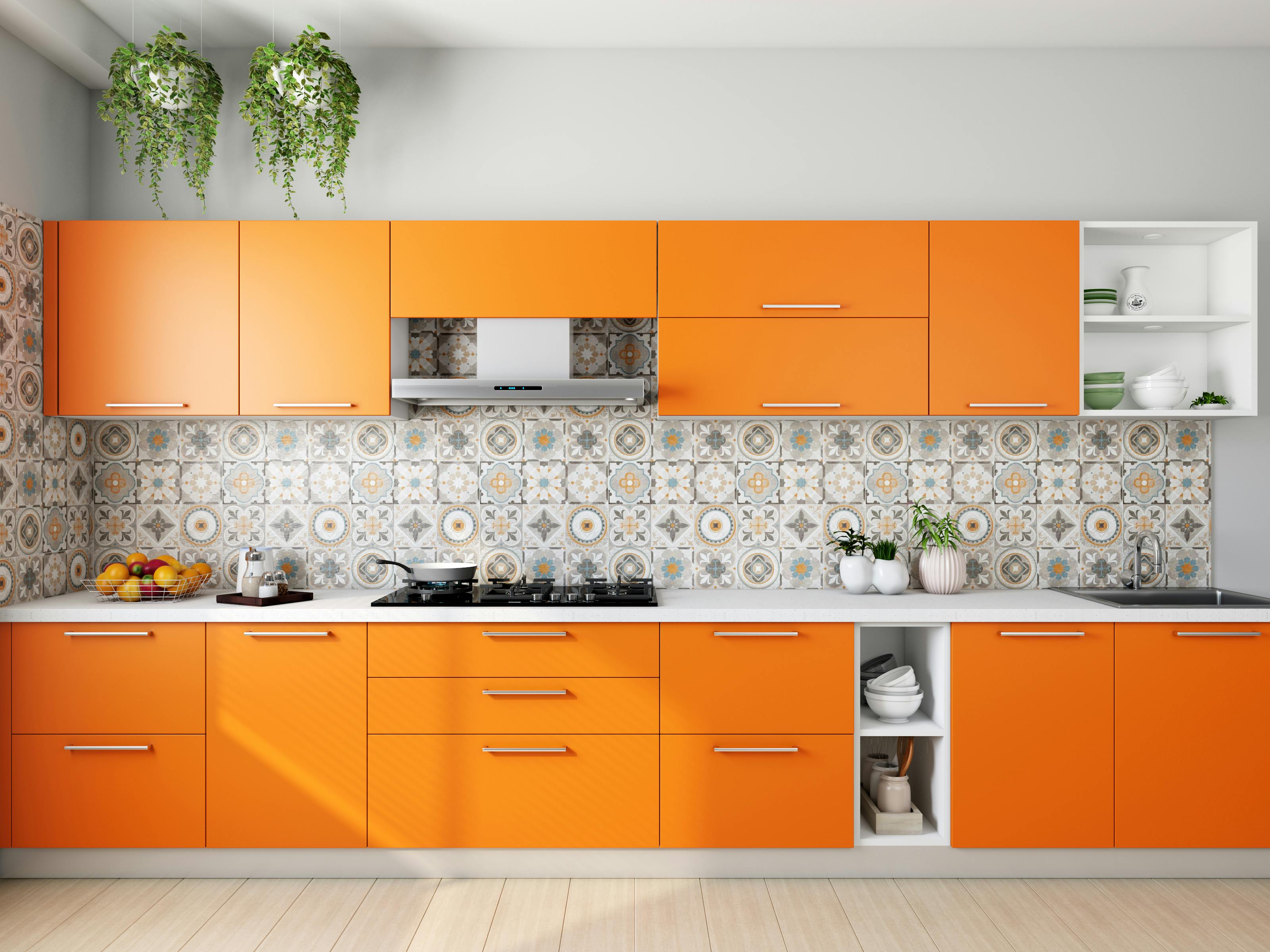Quartz countertops have overtaken granite as the most popular kitchen countertop. According to House Logic, an online consumer publication of the National Association of Realtors®, quartz surpassed granite in 2014 after tying in 2013. Offering many advantages as a work surface, quartz countertops are among the materials more eco-friendly to use.
Producing quartz countertops is a more environmentally friendly process
Stone products such as granite are often criticized because the quarrying, cutting, and transportation of stone use a lot of resources. While some of the granite is domestic, a large percentage comes from Italy, China, India, Africa, and Brazil, and vast amounts of fossil fuel are needed to get it to the United States. A considerable amount of waste is generated in the extraction process, especially as many slabs crack and become unusable. The additional waste produced in the manufacturing and installation processes is not usually recycled.
Quartz is an engineered stone with a composition of 93% quartz (silicon dioxide (SiO2) and 7% resin and pigments. Much of the material comes from the US, saving mining and transportation costs.
Producing quartz countertops is an environmentally sound process. Caesarstone, a major manufacturer of quartz products, claims to recycle 97% of the water used in cutting and strives to use minimal resources for shipping, handling, processing, and production. This company also uses 42% post-consumer recycled material in its production. Other manufacturers like Cambria have similar statistics.
Why you will love quartz in your kitchen
While you may appreciate the ecological aspects of quartz, you may be more concerned with how it looks and functions in your home. The best thing you can do is work with a local dealer and visit their showroom to get a hands-on introduction to the material and its many benefits, including:
– Quartz comes in a wide variety of colors and patterns, including solid ones. You can get the look of granite and other natural stone if you want, but high-intensity and neutral tones are also in the palette. Unlike granite, which has variations from slab to slab, quartz has a uniform color and pattern.
– The product is naturally strong, making for durable countertops that are more resistant to chipping, burning, or cracking. While you should treat all stones with care, quartz will keep for years.
– Since quartz countertops are non-porous, they do not need to be sealed like granite countertops. This makes them impervious to bacteria and mould, a big plus for allergy sufferers. The product is also more stain resistant.
– Quartz countertops do not off-gas or release volatile organic chemicals (VOCs) into the air like other man-made materials like laminate do.
Choose an experienced installer
You can’t go wrong with the look, durability or eco-friendliness of quartz, which rivals granite in price and now surpasses it in popularity. How it looks depends heavily on the quality of the installation, so if you want to explore the benefits of quartz countertops, work with a supplier that offers premium materials and experienced installers.
